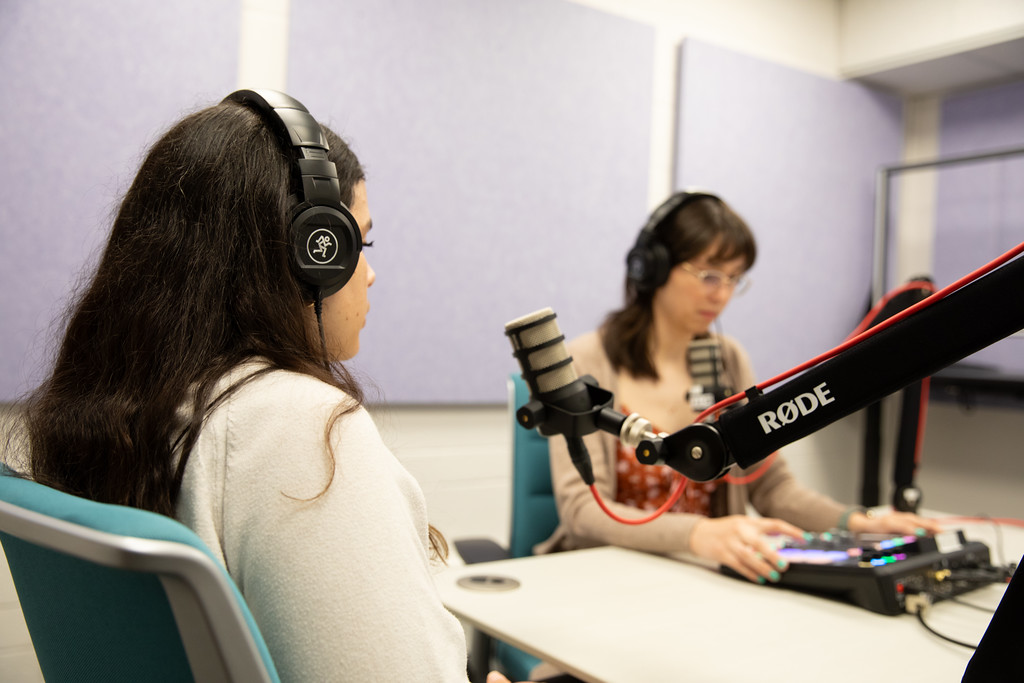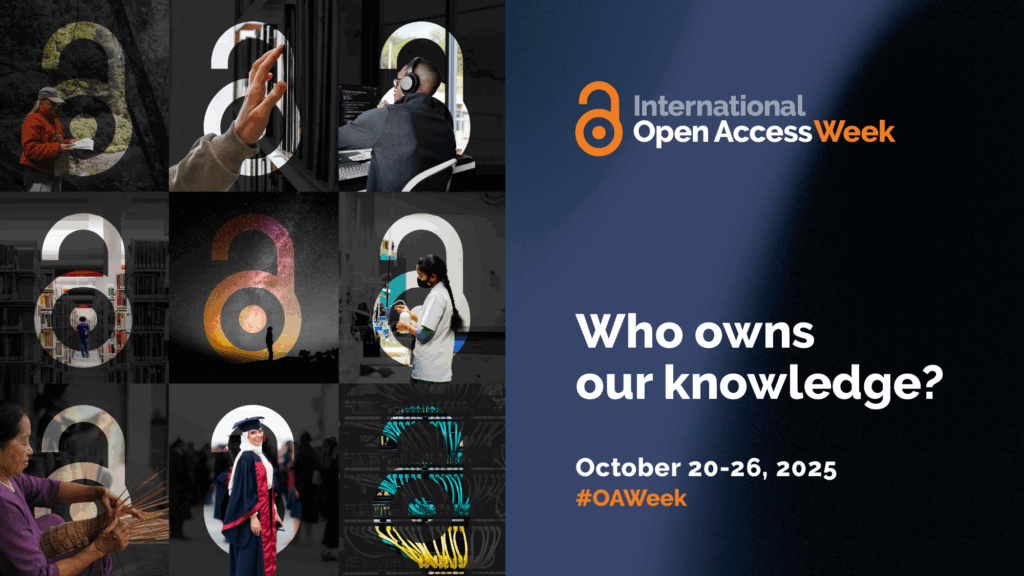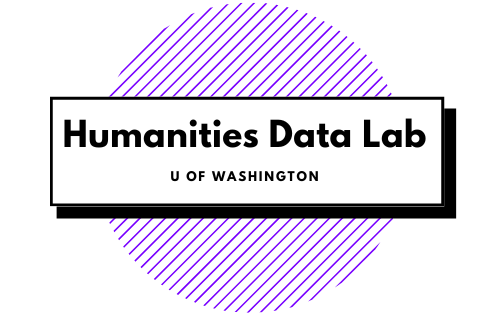Open Scholarship Commons
Open Today | 8am-5pm

Location Information
The Red Square entrance to Suzzallo Library has a ramp and door paddle, and the Allen ground floor entrances also have paddles.
Our space includes adjustable height tables and a wheelchair charging station just in front of the space.
Open today: 8am-5pm
About Open Scholarship Commons
The Open Scholarship Commons (OSC) is an interdisciplinary set of spaces and services in Suzzallo Library intended to advance open, public, and emerging forms of scholarship. It provides opportunities for scholars, creators, and learners from diverse backgrounds to learn from each other and build the skills necessary to co-create, share, translate, and make the impact of their research visible to the world.
Studio Hours
Services, Events and Programs, Spaces, and Equipment
Services
We offer subject expert help, and workshops across the research lifecycle in areas such as:
Events and Programs
We offer regular programs tailored to new knowledge creation (e.g., Text mining, data visualization, digital scholarship) and knowledge sharing (e.g., Open access publishing, podcasting, etc).
Work Spaces
Open Scholarship Commons (OSC) group work spaces, Recording Studio, Presentation Space, and individual workstations with specialized technology are available to support UW students, faculty, and staff who are focused on projects involving new knowledge creation and knowledge sharing.
Featured Projects and Events
Featured Project: The Hindi Song Book
This collaborative digital book project was created by the teacher and students of Hindi 317 (Popular Hindi Song) and 502 (Readings in Classical Hindi Literature: Avadhi) during Winter Quarter 2025, exploring the theme of Ramayana.


Featured Event: Open Access Week
Open Access Week is a yearly, global event that brings communities together to “take action, and raise awareness around the importance of community control of knowledge sharing systems.” Join the Open Scholarship Commons for events and discussion around this year’s theme of “Who owns our knowledge?”.
Campus Partners
The Open Scholarship Commons works closely with the following campus partners in developing our services, events, and programs.

The eScience Institute empowers researchers and students in all fields to answer fundamental questions leveraging techniques, technologies, and best practices of data science and the fields that depend on them.

The Walter Chapin Simpson Center for the Humanities advances crossdisciplinary research, exemplified by its annual Summer Fellowships in the Digital Humanities, which support innovative humanities initiatives and foster intellectual community.

Learning Technologies provides direct assistance, expert consultation and workshops to support innovative teaching and learning, collaborating with UW partners to evaluate emerging tools and maintaining student-focused services and technology spaces.

The University of Washington Press is the oldest and largest publisher of scholarly and general interest books in the Pacific Northwest. We are committed to the idea of scholarship as a public good and have a growing collection of open access books.

The Humanities Data Lab is an interdisciplinary hub for digitally-centered scholarship and data-driven projects across the humanities. We provide support and resources for scholars who are pursuing humanities questions and wish to use digital methods in their research.
Ask Us!
Get help from librarians by email, phone, 24/7 chat, or make an appointment with a subject expert
